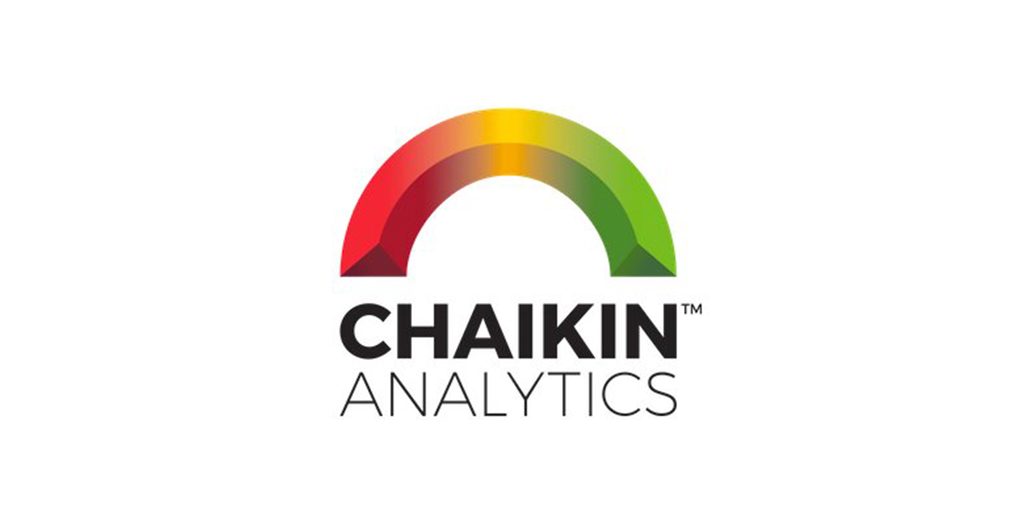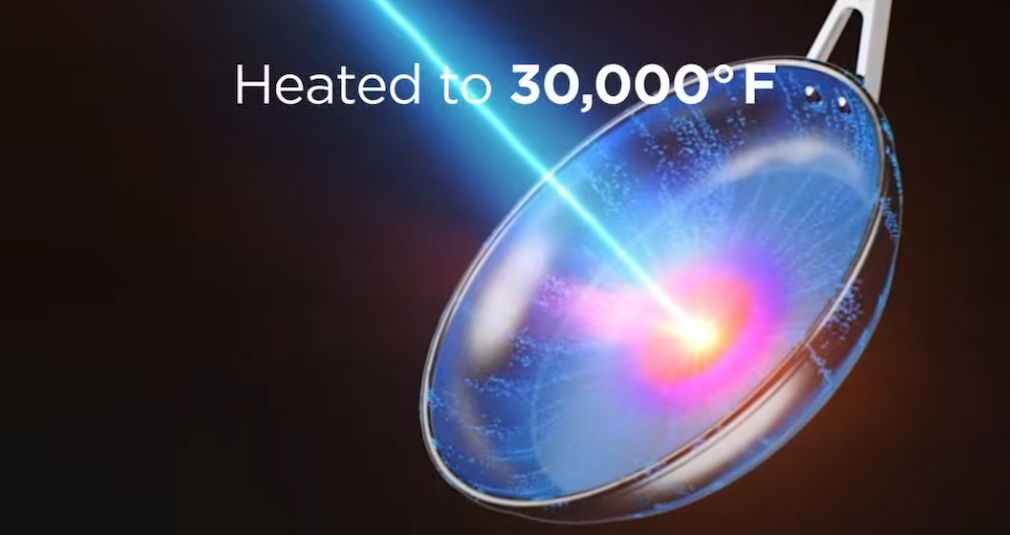
The Power Gauge by Chaikin Analytics
When it comes to the stock market, no one has a crystal ball.
Unhappy yogurt lovers filed class-action lawsuits against General Mills (in April 2012) and Cabot (in August 2012) for calling their products “Greek yogurt,” when they’re neither Greek nor yogurt. According to the lawsuits, the products contain Milk Protein Concentrate (and, in the case of Cabot, Whey Protein Concentrate), neither of which are FDA-approved ingredients of yogurt. (Linda Hawkins, et al. v. General Mills, Inc., et al., Case No. 12-cv-3306 and Timothy Smith v. Cabot Creamery Cooperative, Inc. and Agri-Mark, Inc., Case No. 12-cv-4591)
Update: A class-action lawsuit filed against General Mills and Yoplait for deceptively marketing its Greek yogurt was dismissed by a federal judge in December 2012. Minnesota District Judge Susan Richard Nelson ruled that the matter (i.e., whether marketing a yogurt as “Greek” when it contains MPC is deceptive) is better left for the FDA to decide, not the courts. (Taradejna v. General Mills, Inc., et al., Case No. 12-cv-00993).
Update: The class-action lawsuit filed against Cabot Creamery for deceptively marketing its Greek yogurts was dismissed in February 2013. California District Court Judge Samuel Conti ruled that the additives Cabot uses in its yogurts — Whey Protein Concentrate and Milk Protein Concentrate — have been approved by the FDA. (Timothy Smith v. Cabot Creamery Cooperative, Inc. and Agri-Mark, Inc., Case No. 12-cv-4591, N.D. Cal.)
When it comes to the stock market, no one has a crystal ball.
These brand collabs are far from fab.
TINA.org has tracked more than 150 lawsuits alleging greenwashing.
Lawsuit alleges manufacturing temperature claim is a “physical impossibility.”
Law firms’ Instagram ads touting “compensation” for MLM victims aren’t what they may seem.



